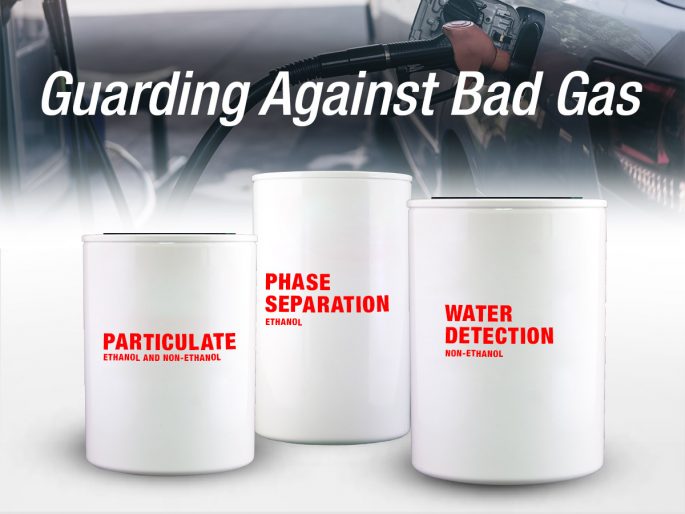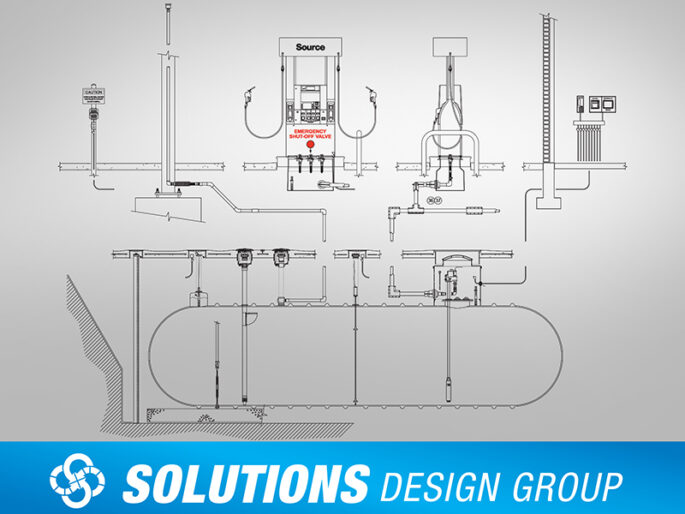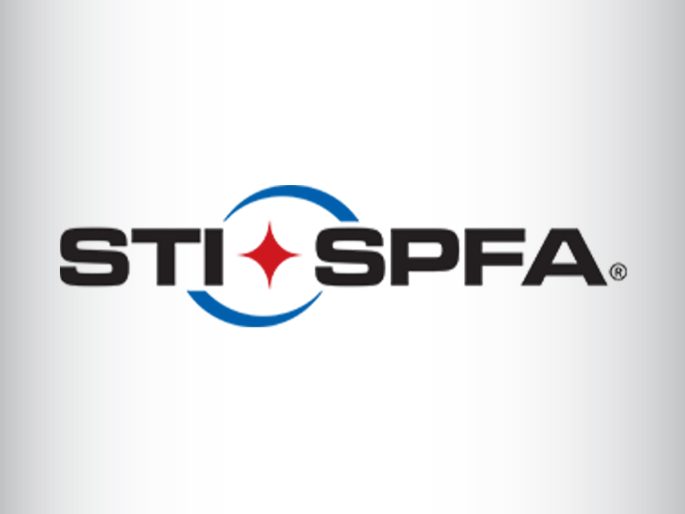As the saying goes, the only constant is change. This is especially true in the gas station marketplace, where two things continue to increase: the level of competition among station owners and the amount of ethanol that’s being introduced into the motor-fuel supply chain. Utilizing the proper dispenser filtration can give you an edge in increasing customer loyalty and preventing common fuel contaminants from being distributed. Here we clear up some of the common misconceptions about those contaminants.
Q. What are the main causes of contaminated fuel?
A. The big three are water, phase separation and particulates. There is water in nearly every fuel storage tank. It is problematic in neat gasoline, but it is especially dangerous in ethanol blends because it can cause phase separation in your fuel supply.
Q. What is phase separation?
A. Phase separation occurs when ethanol absorbs water in a storage tank. When the ethanol becomes oversaturated, it sinks to the bottom of the tank. This proximity to the tank’s pump intake tube makes it more likely that an ethanol-water “cocktail” will be dispensed into your customers’ fuel tanks.
Q. Is phase separation really something I need to worry about?
A. Yes. As the EPA continues to raise renewable fuel requirements, gas station managers need to get serious about preventing phase separation. It’s something many fuel site managers don’t think will happen to them – until it does.
Q. What problems can phase-separated fuel cause?
A. Your customers can experience serious engine damage and even catastrophic engine failure if water-laden ethanol is introduced into their vehicles’ fuel system, where it can cause corrosion and other problems. Phase-separated fuel can also damage your dispensing equipment due to its corrosive properties. Sites that experience phase separation must discontinue dispensing fuel for 2-3 days, using the downtime to have their tanks and lines purged and contaminated fuel hauled away and disposed of. These remediation measures can cost tens of thousands of dollars.
Q. How can I prevent phase separation from damaging my customers’ vehicles?
A. There are dispenser filters specified for phase separation. These filters will “alert” station operators by slowing the flow of fuel when the filter detects and reacts to phase separation.
Q. Why should I be concerned about particulates?
A. Many modern engines have high-performance, high-pressure fuel injection systems. Particulates as small as 5 microns can cause abrasion and long-term damage to the tiny, precision-crafted components that power these engines. Replacing those components increases your customers’ repair costs, which in turn will decrease their willingness to return to the station where they got “bad gas.”
Now more than ever, it’s vital for those handling fuels, especially ethanol blends, to be extremely vigilant about their last line of defense against fuel contamination: dispenser filters. Partnering with a knowledgeable dispenser filter distributor is a good way for fuel retailers to develop an effective dispenser filter maintenance program that can help them keep their customers while reducing costs and downtime by minimizing water and particulates in their fuel.




